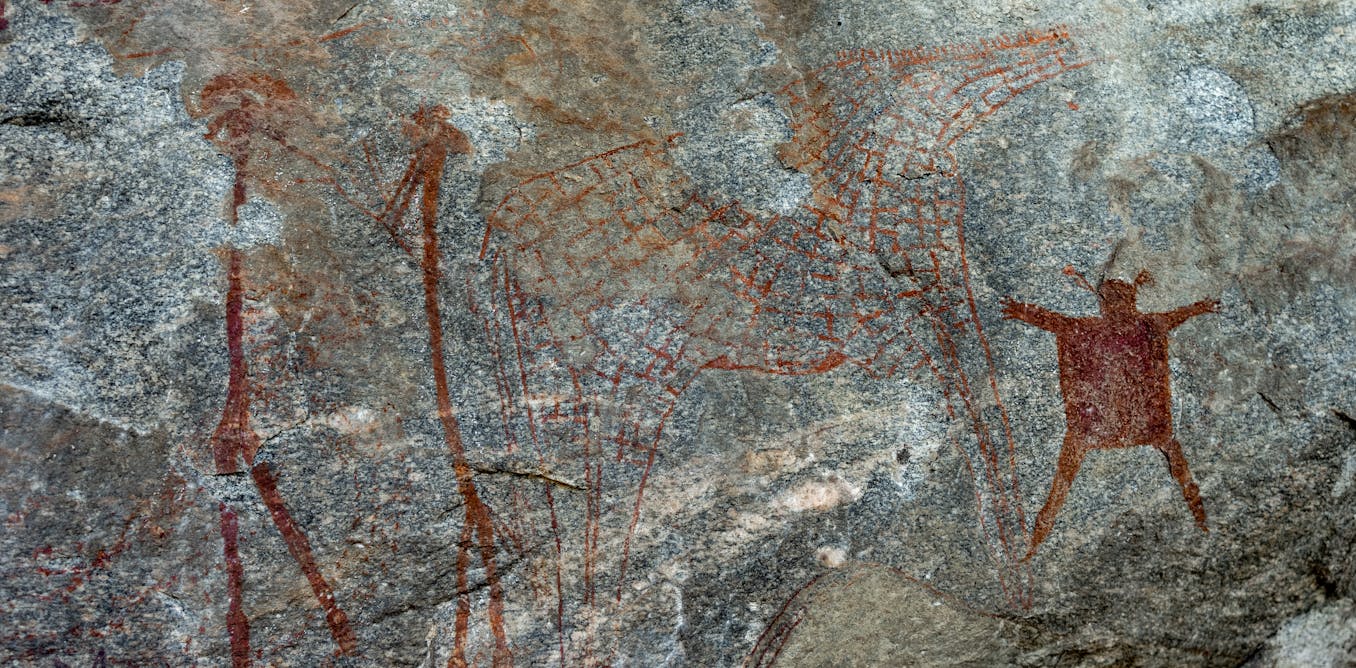Ancient DNA helps reveal social changes in Africa 50,000 years ago that shaped the human story
A new study doubles the age of ancient DNA in sub-Saharan Africa, revealing how people moved, mingled and had children together over the last 50,000 years.
Feb. 23, 2022 • ~13 min



